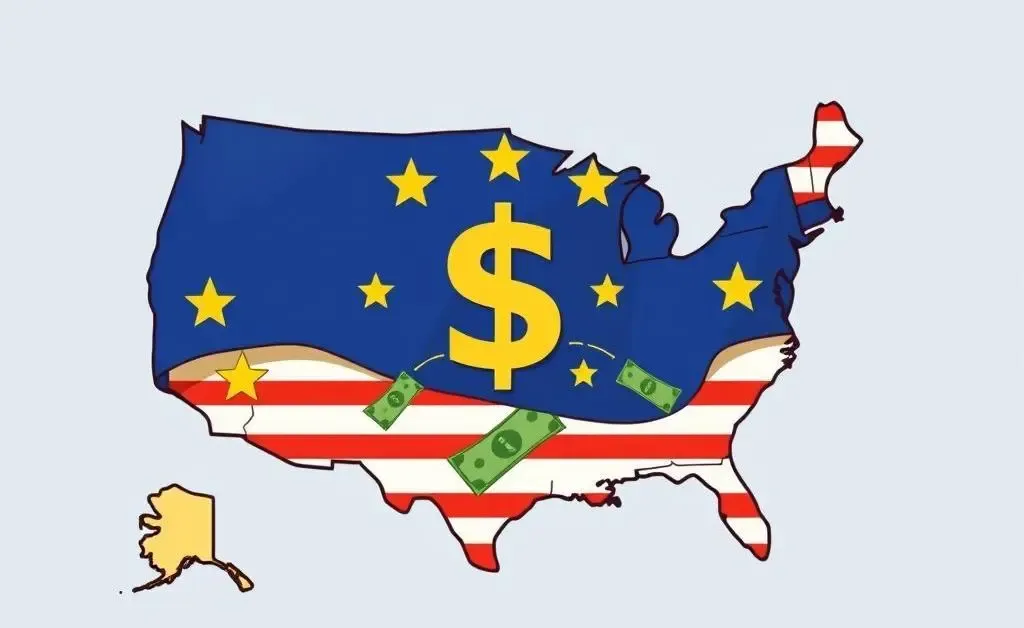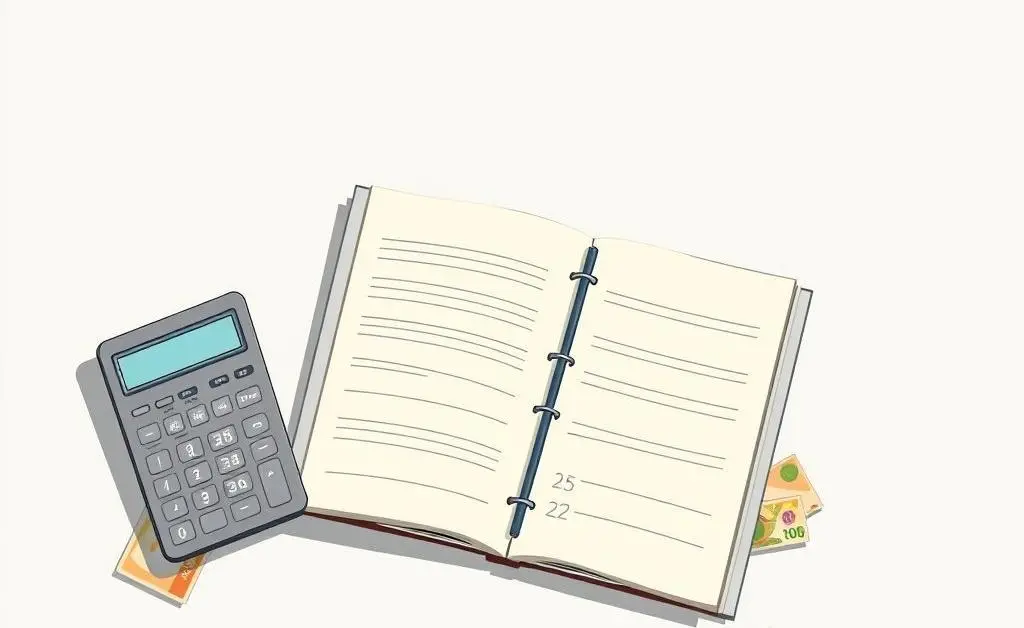How EU Policy Changes Affect Your Wallet
Discover how EU tariff eliminations could impact your everyday expenses.

Have you ever wondered how international politics can make your groceries more affordable? Recently, the European Union decided to eliminate tariffs on certain U.S. goods, potentially affecting your wallet in ways you might not expect.
What Are Tariffs And Why Do They Matter?
Tariffs are essentially taxes on imports. When the EU imposes tariffs on U.S. goods, it makes those products more expensive for European consumers. Conversely, eliminating these tariffs makes U.S. goods cheaper in Europe, which could have trickle-down effects on prices in the States.
What Changes Can You Expect?
With the recent policy shift, some products might cost less. Here are a few potential areas of impact:
- Electronics: Many gadgets may see a drop in price as components travel more freely between the two regions.
- Automobiles: Buying a car might include more affordable options thanks to eased restrictions.
- Fashion: Clothing brands with transatlantic ties could provide wallet-friendly deals.
A Day in the Life of Tariff Changes
Imagine a day where international news directly impacts your morning coffee run. You stop by your favorite café, and they offer a discount on your regular brew - the beans, now cheaper thanks to removed tariffs on U.S. agricultural goods. Later, while shopping online, you notice a significant reduction in the price of your favorite electronics brand sending you an alert on its new EU launch. These are the little victories that policy changes can bring.

Long-Term Economic Impact
While immediate savings might be apparent, the broader picture includes potential boosts to the global economy. More trade generally means more jobs and possibly even innovation, as economic experts suggest.

This isn't just promising for businesses, either. Consumers can enjoy a wider selection of goods at competitive prices, and that never hurts. Of course, market dynamics are complex, so these changes won't happen overnight.

What Does This Mean For You?
Ultimately, these changes could simplify your budget planning by potentially lowering the cost of affected goods. However, it's essential to consider broader implications, such as how this might impact local industries or job markets.
What are your thoughts on international trade policies affecting your daily life? Share in the comments!




